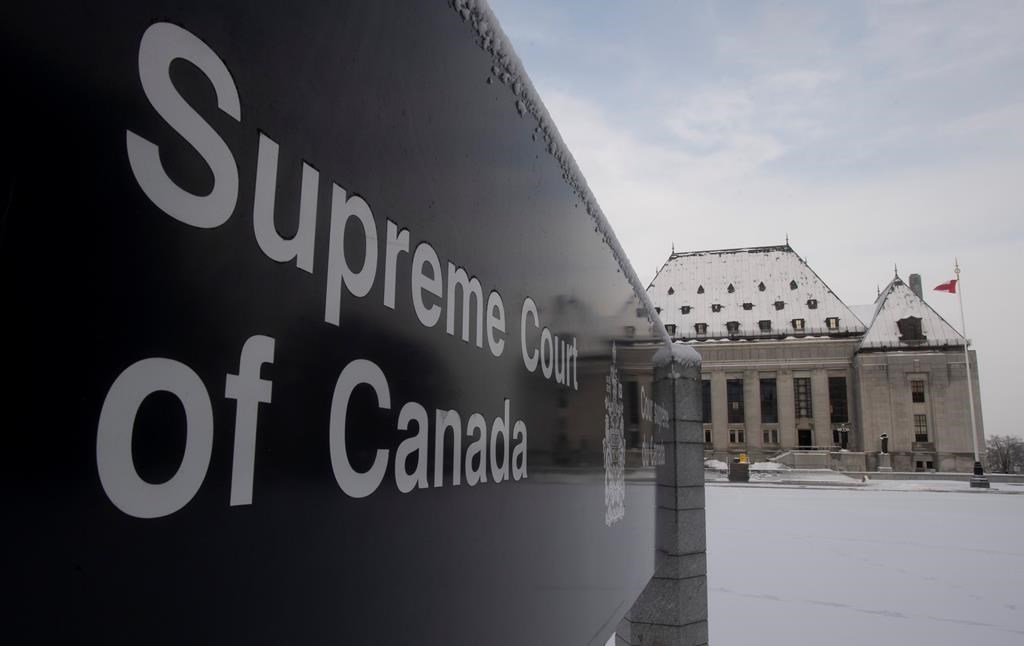TORONTO – Canada’s highest court agreed Thursday to review an Ontario ruling that could cause scores of criminal cases in that province to be thrown out over how changes to the jury selection process were applied.

The Supreme Court of Canada gave the green light for an appeal and counter-appeal in the case, which centres on the constitutionality of sweeping legal reforms brought in under Bill C-75.
In January, the Court of Appeal for Ontario unanimously upheld the constitutionality of the changes, which included scrapping so-called “peremptory challenges.”
Peremptory challenges are a mechanism that allowed lawyers for either side to dismiss a certain number of prospective jurors without an explanation.
However, the appeal court found that anyone who chose to be tried by a jury before the new rules kicked in last September is entitled to proceed with peremptory challenges, even if the trial begins after that date.
As a result, many jury trials that unfolded in the time between the implementation of the new rules and the appeal court’s ruling could potentially be overturned.
READ MORE: Jury trials won’t resume in Ontario until at least September, court says
- ‘Pretty scary’: Ill Ontario man stranded in Costa Rica finally recovering in Canada
- S&P/TSX composite down, U.S. markets mixed ahead of tech earnings and economic data
- 1 deal falls through but Toronto FC completes another in Derrick Etienne Jr. trade
- Big warm-up to follow blast of cold air in southern Ontario
A spokeswoman for Ontario’s Attorney General acknowledged the Supreme Court’s decision to allow the appeal and cross-appeal, but declined to comment because the matter remains before the court.
The changes to the jury selection process were brought in by the federal Liberal government in an effort to make juries more representative following the controversial acquittal of Gerald Stanley in 2018.
Stanley was charged with second-degree murder in the killing of Colten Boushie, a 22-year-old Indigenous man, and there were no Indigenous jurors in the panel that heard his case.
The new rules were challenged by Pardeep Singh Chouhan, a man charged with first-degree murder and whose trial had reached the jury selection phase on the same day the changes came into effect.
Chouhan’s lawyers argued at the time that eliminating peremptory challenges infringed on his constitutional right to be tried by an independent and impartial jury.
They said the change would, in reality, lead to less representative juries.

The presiding judge, however, found that while those accused of a crime are entitled to appear before a representative jury, they do not have the right to a jury that “reflects the proportionality of the population.”
Nor are they entitled to a jury composed of members of their same demographic group, the judge said.
The judge ruled the changes should be applied to every jury selected after they came into effect.
Ontario’s appeal court agreed the new rules are constitutional but disagreed with the lower court on how to apply them.



Comments